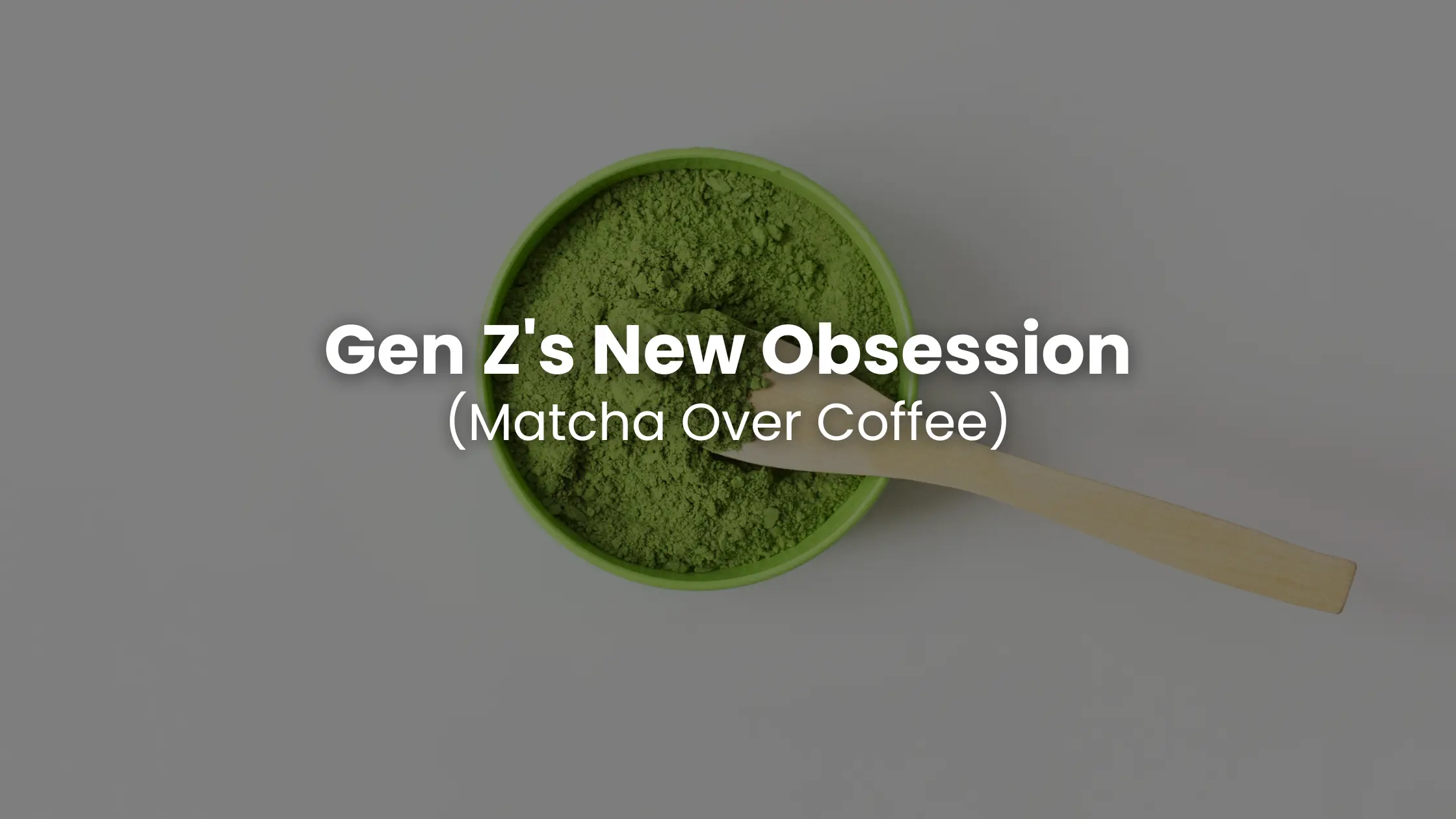
Matcha vs Coffee? 7 reasons why matcha is better
Table of Contents
- What is Matcha?
- What Does Matcha Taste Like?
- Does Matcha Contain Caffeine?
- How Much Matcha Should You Consume?
- Matcha vs coffee? which one is better?
- 1. Matcha is Packed with Antioxidants
- 2. Smoother, Longer-Lasting Energy
- 3. A Calmer, Clearer Mind
- 4. No Caffeine Dependence
- 5. Better for Your Teeth
- 6. Supports Weight Loss
- 7. Quick and Easy to Prepare
- Conclusion
- Frequently Asked Questions
- Is matcha actually healthier than coffee?
- Why is Gen Z obsessed with matcha?
- Can I replace my coffee with matcha?
- Is matcha easier on the stomach than coffee?
- What’s all the hype about the matcha vs coffee debate?
Matcha vs Coffee? 7 reasons why matcha is better
- azeem memon
- 04-08-2025
- 06-08-2025
- 1576 views
- Coffee Tips, Coffee Health

Curious about the matcha vs coffee debate? Let me help you choose the best option for your routine. As matcha becomes an increasingly popular choice, especially among Gen Z, many are discovering its unique benefits over traditional coffee. I decided to replace my daily cup of coffee with matcha for a month, and the results were surprising. From smoother energy levels to better focus, I experienced a noticeable difference. I’ve always loved my coffee, but I was curious to see if matcha could really live up to the hype. If you’re wondering whether it’s worth making the switch, here are 7 reasons why matcha could be the better choice over coffee for your daily routine.
What is Matcha?
Matcha is a special type of green tea powder that’s gaining popularity. Unlike regular green tea, where you drink the water after steeping the leaves, matcha uses the entire leaf, which gives you more of its healthy benefits. The bright green color and smooth, earthy taste make matcha unique. It’s rich in vitamins, antioxidants, and other healthy nutrients.
What Does Matcha Taste Like?
Matcha taste might be a little different from what you’re used to with coffee or regular tea. Matcha has a smooth, earthy flavor with a slight natural sweetness. It’s not as bitter as coffee, and it’s not as light as regular green tea. The taste can vary depending on the quality of the matcha, but it generally has a rich, green flavor with a hint of umami. Many people love it in a matcha latte, where the milk softens the taste, making it creamy and easy to enjoy.
Does Matcha Contain Caffeine?
Yes, matcha contains caffeine. On average, one serving (1 gram) of matcha provides around 70 milligrams of caffeine. This is less than the 95 milligrams found in a standard cup of coffee. However, the caffeine in matcha is released slowly, thanks to L-theanine, which helps promote a more stable energy boost without the typical caffeine crash.
How Much Matcha Should You Consume?
The recommended amount of matcha to consume is about 1 to 2 teaspoons (2 to 4 grams) per day. This amount provides around 70-140 milligrams of caffeine and is enough to enjoy its benefits without overdoing it.
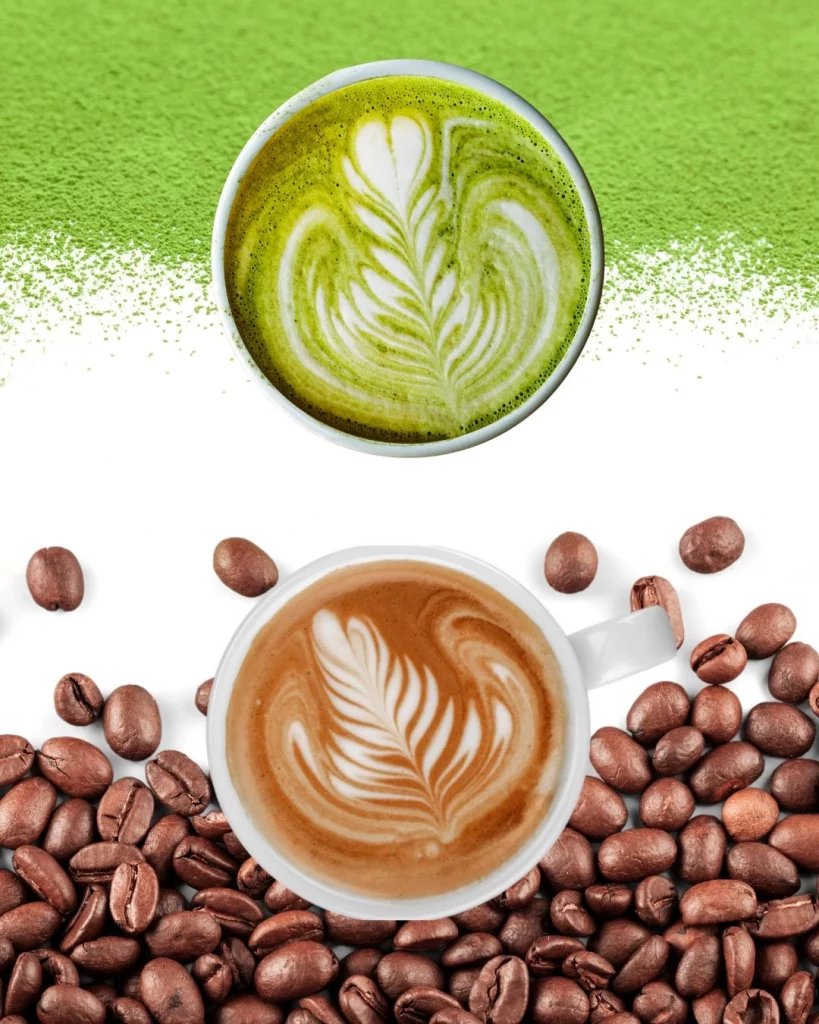
Matcha vs coffee? which one is better?
The matcha vs coffee debate has become a hot topic in recent years, especially as more people search for healthier, longer-lasting energy. here are 7 reasons why matcha could be the better choice over coffee for your daily routine.
1. Matcha is Packed with Antioxidants
Matcha is a powerhouse of antioxidants, especially catechins, which help fight diseases, slow aging, and reduce inflammation. It has up to 10 times more antioxidants than regular green tea and none of the harmful substances found in coffee.
2. Smoother, Longer-Lasting Energy
Unlike coffee, which can cause a quick energy spike followed by a crash, matcha offers a steady energy boost. Thanks to L-theanine, it slowly releases caffeine, helping you stay alert for hours without the jitters or crashes.
3. A Calmer, Clearer Mind
Matcha is known for its calming effects. The L-theanine in matcha promotes a sense of relaxation and focus without making you feel sleepy. It’s ideal for reducing anxiety, unlike coffee, which can sometimes make you feel more jittery or stressed.
4. No Caffeine Dependence
With coffee, you can become addicted to the quick caffeine high and feel withdrawal symptoms if you skip it. Matcha doesn’t cause the same dependency, so you can go without it without feeling tired or irritable.
5. Better for Your Teeth
Coffee can stain your teeth and cause bad breath, but matcha is gentle on your teeth. It even has antioxidants that fight oral bacteria and help keep your mouth healthy by reducing plaque and gum disease.
6. Supports Weight Loss
Matcha can help boost metabolism and support fat burning. Drinking it before exercise can enhance fat loss, all without the side effects of high caffeine levels found in coffee, making it a healthier choice for weight management.
7. Quick and Easy to Prepare
Making matcha is fast and simple. You don’t need complicated equipment, just whisk matcha powder with hot water, and you’re done. It takes under 30 seconds to make a perfect cup of matcha every time.
Conclusion
In the matcha vs coffee debate, matcha stands out as a healthier, smoother alternative that provides longer-lasting energy and numerous health benefits. Whether you’re seeking a gentler energy boost or simply exploring a new drink, matcha offers something unique. To discover more about matcha and explore our premium products, visit our store. For more helpful tips and insights, be sure to check out our other blogs!
Frequently Asked Questions
Is matcha actually healthier than coffee?
Yes, matcha is often considered healthier than coffee. It’s rich in antioxidants, boosts metabolism, and provides a smoother energy lift without the jitters or crashes that coffee can cause.
Why is Gen Z obsessed with matcha?
Gen Z loves matcha for its health benefits, Instagram-worthy appearance, and cleaner energy boost. Unlike coffee, which can lead to anxiety or crashes, matcha offers a calm, focused energy that aligns with their wellness-conscious lifestyle.
Can I replace my coffee with matcha?
Yes, you can replace your coffee with matcha. While it has less caffeine than coffee, matcha provides a longer-lasting and smoother energy boost without the jittery side effects.
Is matcha easier on the stomach than coffee?
Yes, matcha is gentler on the stomach than coffee. Coffee’s acidity can irritate the stomach, leading to discomfort or acid reflux. Matcha, on the other hand, is less acidic and can be easier on your digestive system, making it a better option for those with sensitive stomachs.
What’s all the hype about the matcha vs coffee debate?
The matcha vs coffee debate has gained a lot of attention recently as people look for healthier, more sustainable energy sources. Matcha offers a smoother, longer-lasting energy boost with added health benefits like antioxidants, while coffee provides a quicker, more intense energy jolt. People are increasingly choosing matcha for its calming effects, easier digestion, and lower acidity compared to coffee.








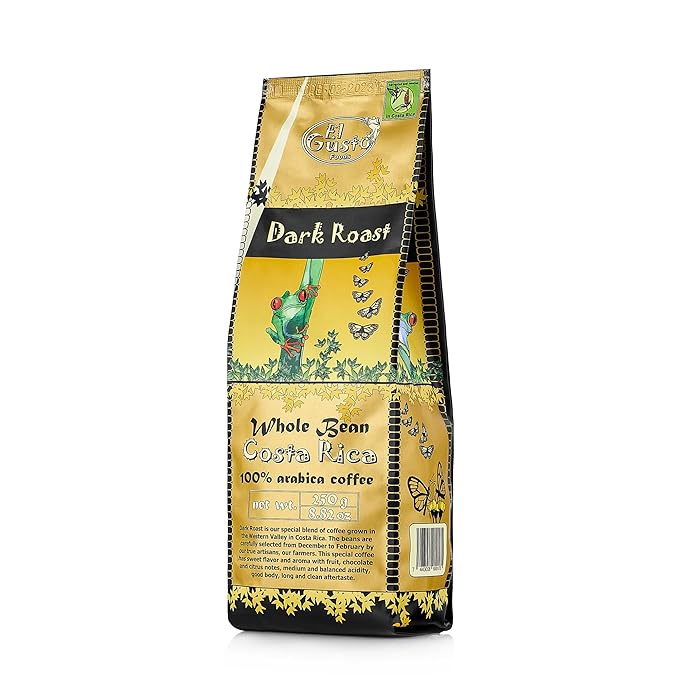

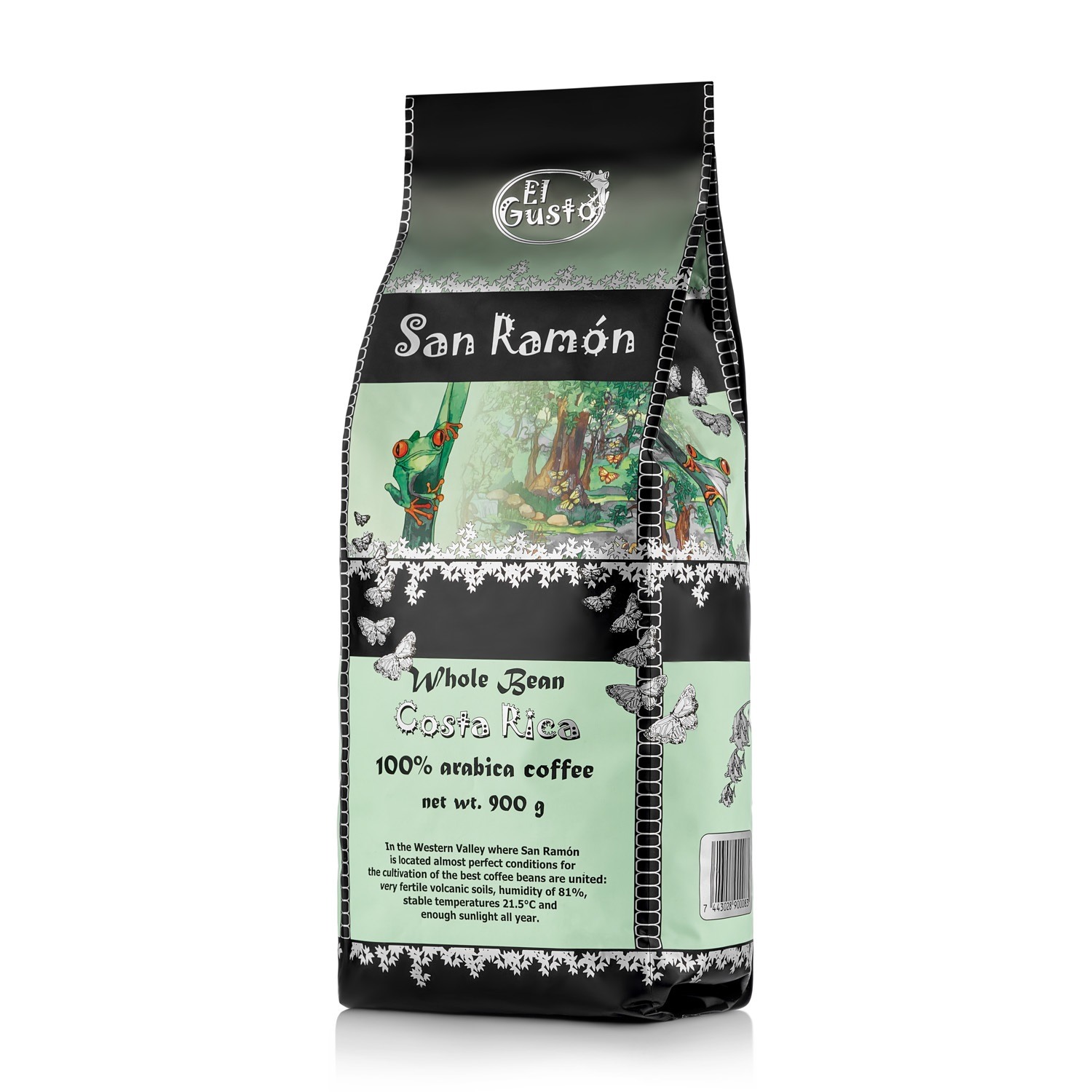
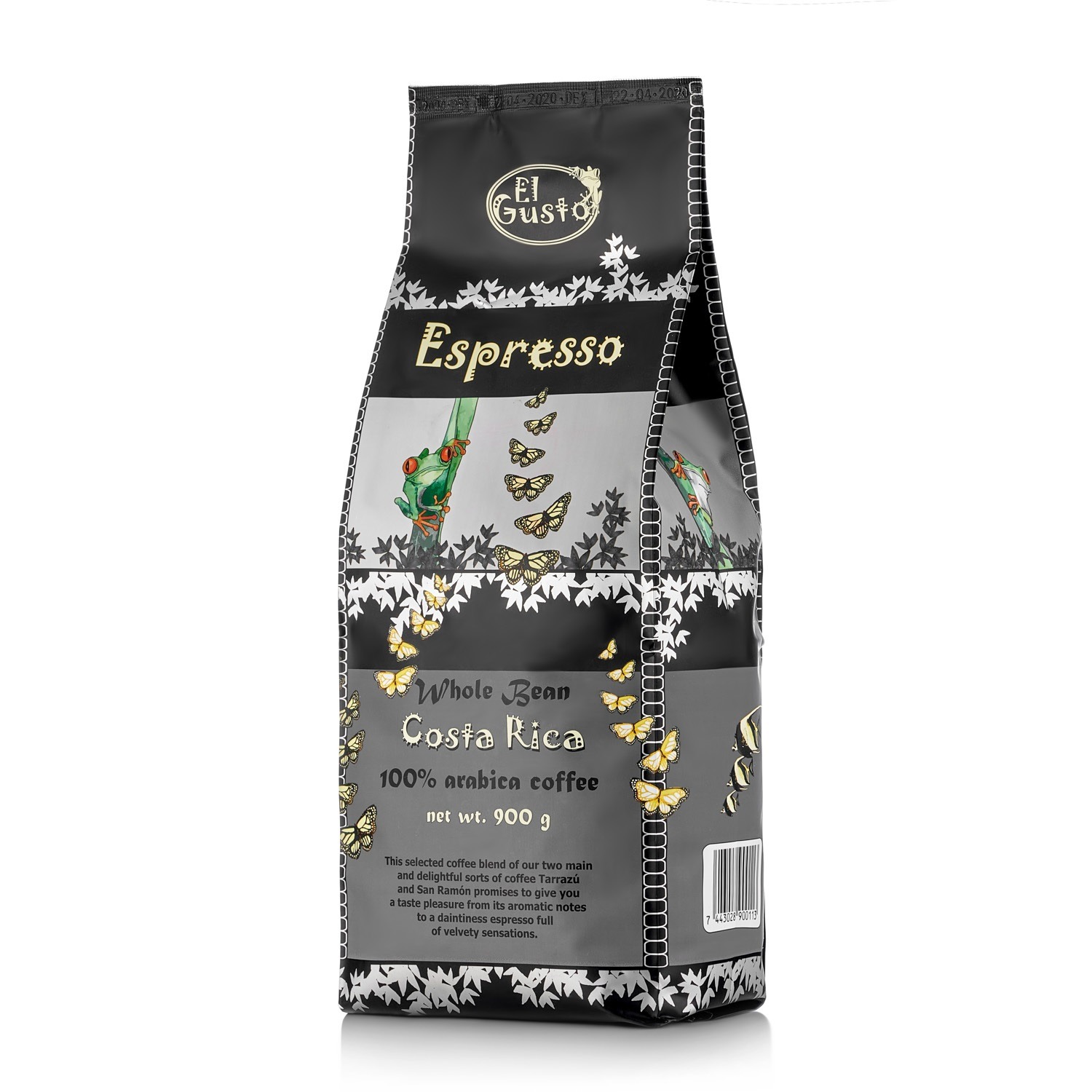
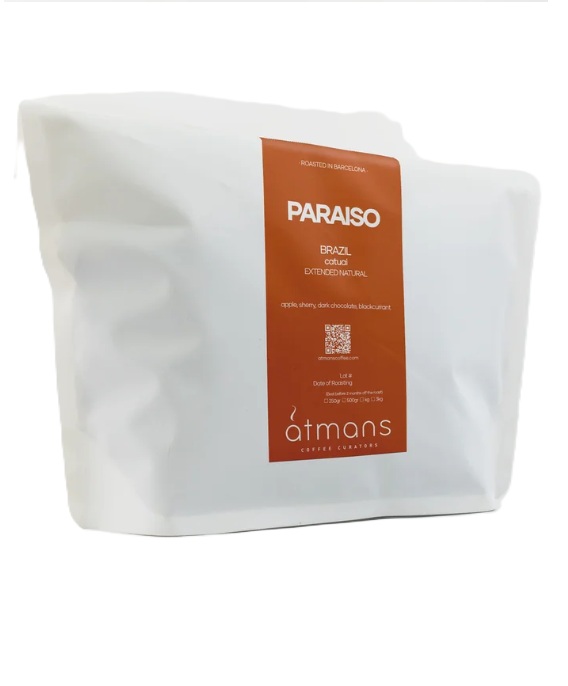






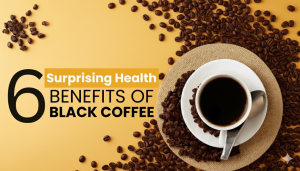

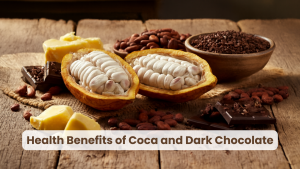

2 thoughts on "Matcha vs Coffee? 7 reasons why matcha is better"